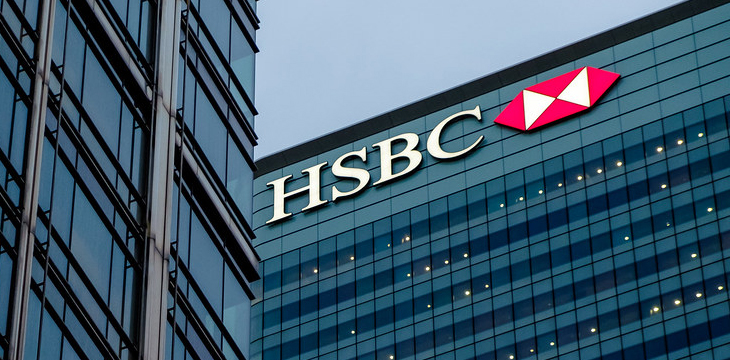|
Getting your Trinity Audio player ready...
|
Crypto and blockchain have evolved with time. Initially, cryptos were looked at as currency that was only good for crime. Consequently, banks were quick to criticize and deny their customers access to the new asset class. But now, the banks have changed tune and are quickly endorsing cryptos and integrating them into operations. The latest is HSBC, which has included information on SegWitCoin (BTC), blockchain technology and cryptocurrency in its monthly newsletter.
In its June issue of its Liquid newsletter, the bank included information on crypto, compiled by CNBC. Liquid is an educational newsletter that the bank uses to inform its users of the latest developments in the financial services industry.
The newsletter defined cryptocurrency as “a decentralized digital currency which uses encryption—the process of converting data into code—to generate units of currency and validate transactions independent of a central bank or government.”
It also defined blockchain as “a form of distributed ledger technology that maintains records of all cryptocurrency transactions on a distributed network of computers, but has no central ledger.” According to the newsletter, this technology can provide transparency for a multitude of different industries beyond just financial services.
HSBC, which is the seventh largest bank in the world and the largest in Europe, also included definitions on other emerging technologies in the fintech industry. Open banking, where banks allow third parties to build applications using their data; regtech, which is regulatory technology that allows firms to meet financial compliance requirements; and insurtech, which is technology that’s geared towards the insurance industry, were among the definitions.
This is the latest effort by a banking giant that involves cryptocurrencies. Other European banking heavyweights have moved fast as they strive to integrate cryptocurrencies and blockchain technology into their operations. However, it’s America’s largest bank JPMorgan that has been the undisputed leader, issuing its own digital currency in February this year. Other Wall Street titans including Goldman Sachs and Fidelity have also been in a rush to get into crypto.
In Europe, Banco Santander has been one of the leaders in crypto integration. The Spanish banking giant launched a Ripple-based payments app that targets real-time payments, piloting it in four countries where it has a strong presence in.

 03-03-2026
03-03-2026 




